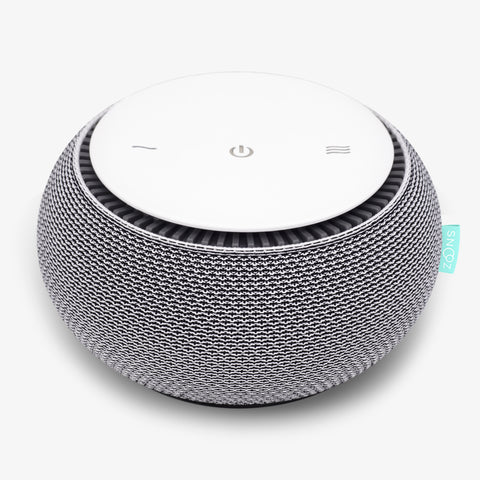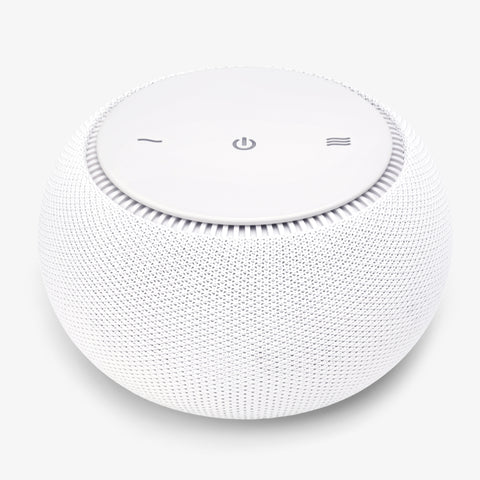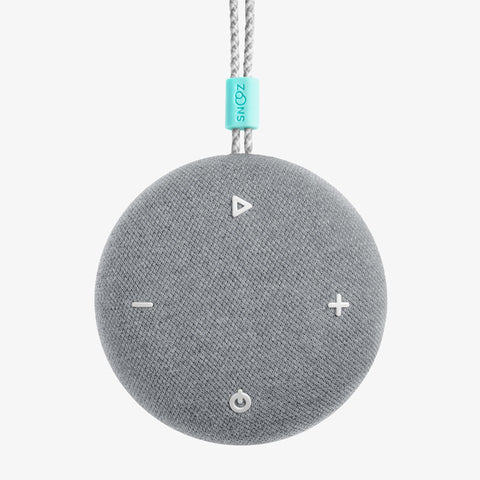
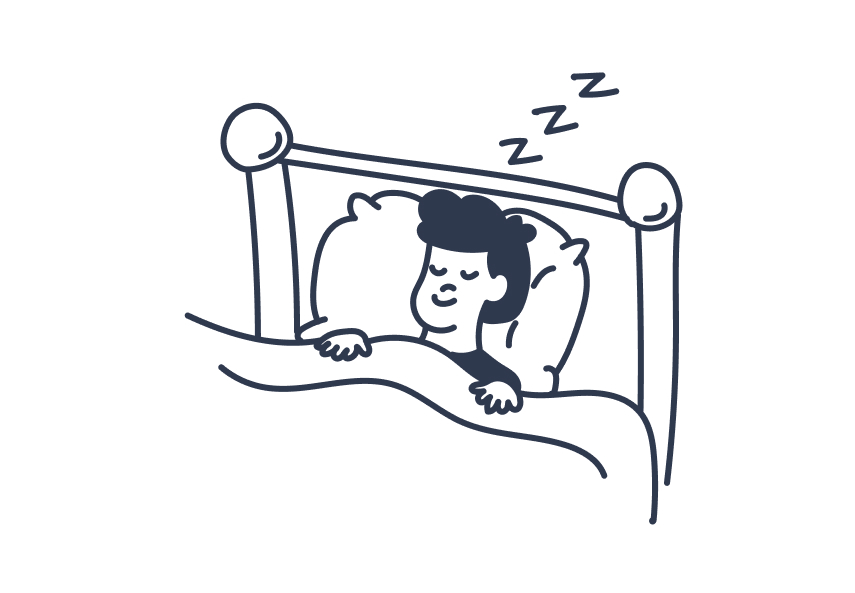
Sleep Tips

Sleep + Wellness

White Noise

Sleep Science

White Noise + Pets
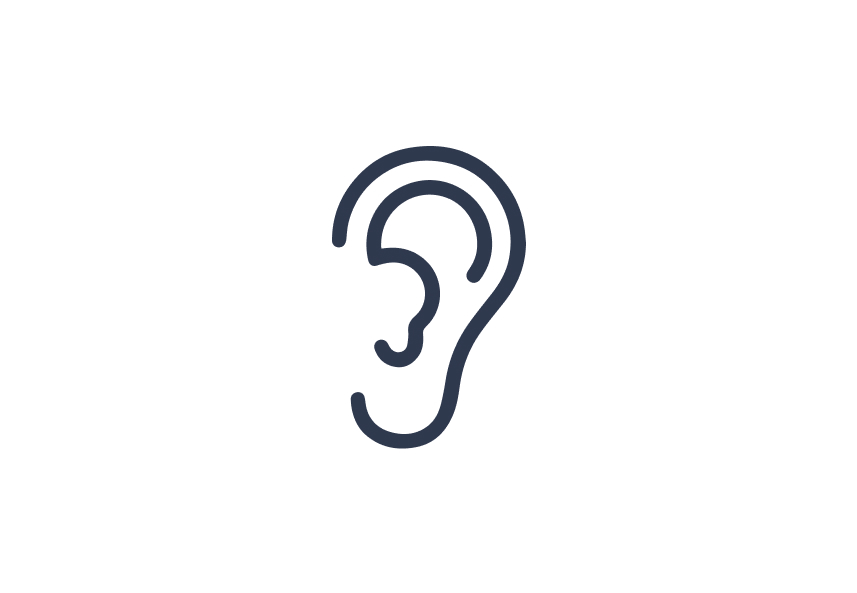
Tinnitus

Sleep Tips

Sleep + Wellness

White Noise

Sleep Science

White Noise + Pets

Tinnitus
The Latest
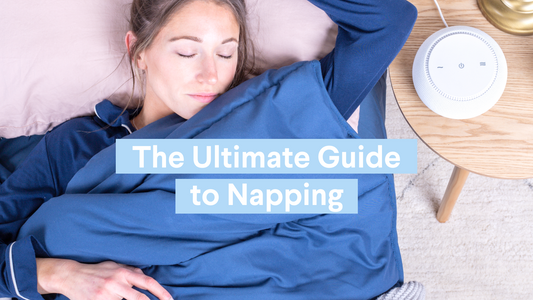
The Ultimate Guide to Napping: Benefits, Pitfalls, and Tips for Better Rest
Napping is often seen as a simple indulgence, but it’s actually a powerful tool for improving mood, productivity, and overall well-being. The right approach to...
The Ultimate Guide to Napping: Benefits, Pitfalls, and Tips for Better Rest
Napping is often seen as a simple indulgence, but it’s actually a powerful tool for improving mood, productivity, and overall well-being. The right approach to...
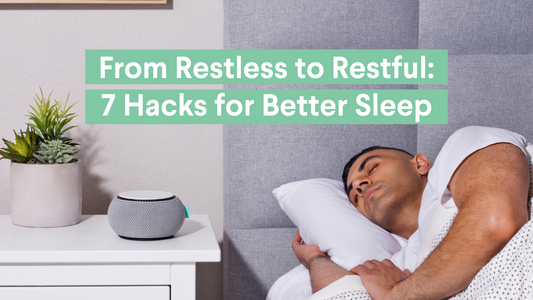
From Restless to Restful: 7 Hacks for Better Sleep
Getting quality sleep is essential for mental clarity, physical health, and overall well-being. If you've been struggling with restlessness, these seven research-backed sleep hacks can...
From Restless to Restful: 7 Hacks for Better Sleep
Getting quality sleep is essential for mental clarity, physical health, and overall well-being. If you've been struggling with restlessness, these seven research-backed sleep hacks can...
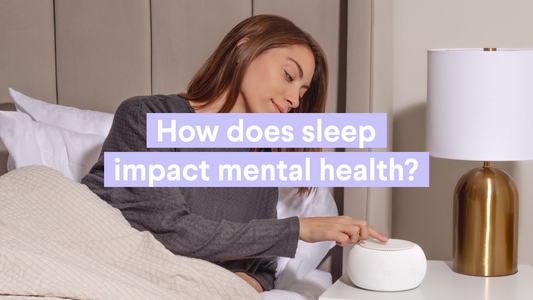
Sleep Your Way to a Better Mind: How Rest Impacts Mental Health
We’ve all had those nights where sleep just doesn’t come—staring at the ceiling, tossing, turning, watching the minutes tick away. The next day, everything feels...
Sleep Your Way to a Better Mind: How Rest Impacts Mental Health
We’ve all had those nights where sleep just doesn’t come—staring at the ceiling, tossing, turning, watching the minutes tick away. The next day, everything feels...
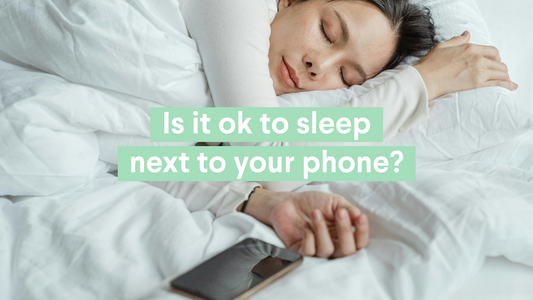
The Hidden Dangers of Sleeping Next to Devices
In today's hyperconnected world, many people have developed the habit of falling asleep with their smartphones, tablets, or other electronic devices nearby. Whether it’s scrolling...
The Hidden Dangers of Sleeping Next to Devices
In today's hyperconnected world, many people have developed the habit of falling asleep with their smartphones, tablets, or other electronic devices nearby. Whether it’s scrolling...

Swap Screens for Stories: The Sleep-Enhancing Power of Reading
In a world filled with screens and constant notifications, finding a way to unwind before bed can be challenging. Many people are turning to a...
Swap Screens for Stories: The Sleep-Enhancing Power of Reading
In a world filled with screens and constant notifications, finding a way to unwind before bed can be challenging. Many people are turning to a...
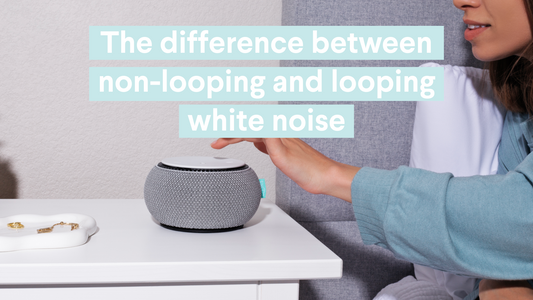
The Benefits of Non-Looping White Noise Over Looping White Noise
When it comes to white noise machines, not all are created equal. A key feature that distinguishes the best from the rest is whether the...
The Benefits of Non-Looping White Noise Over Looping White Noise
When it comes to white noise machines, not all are created equal. A key feature that distinguishes the best from the rest is whether the...

